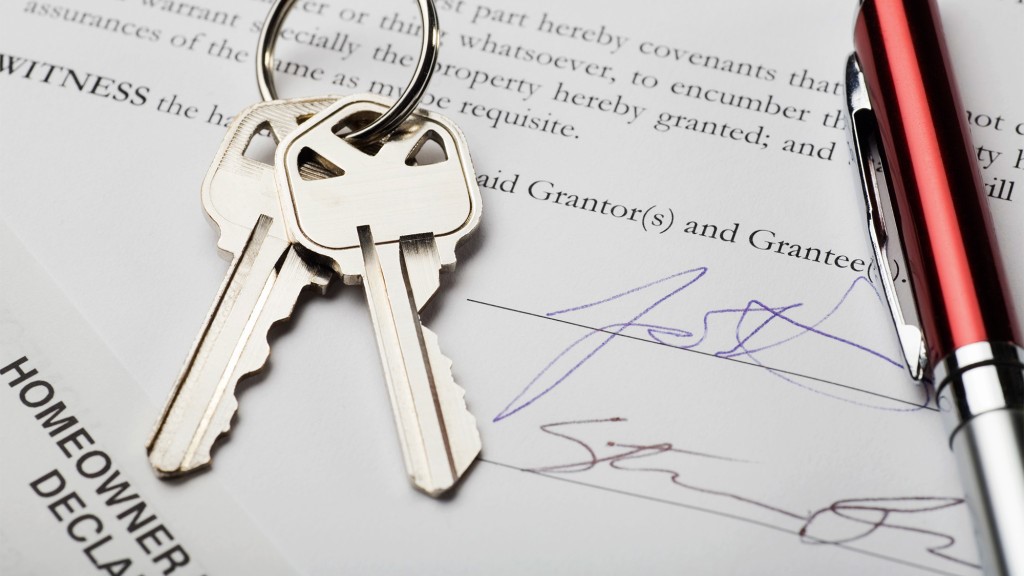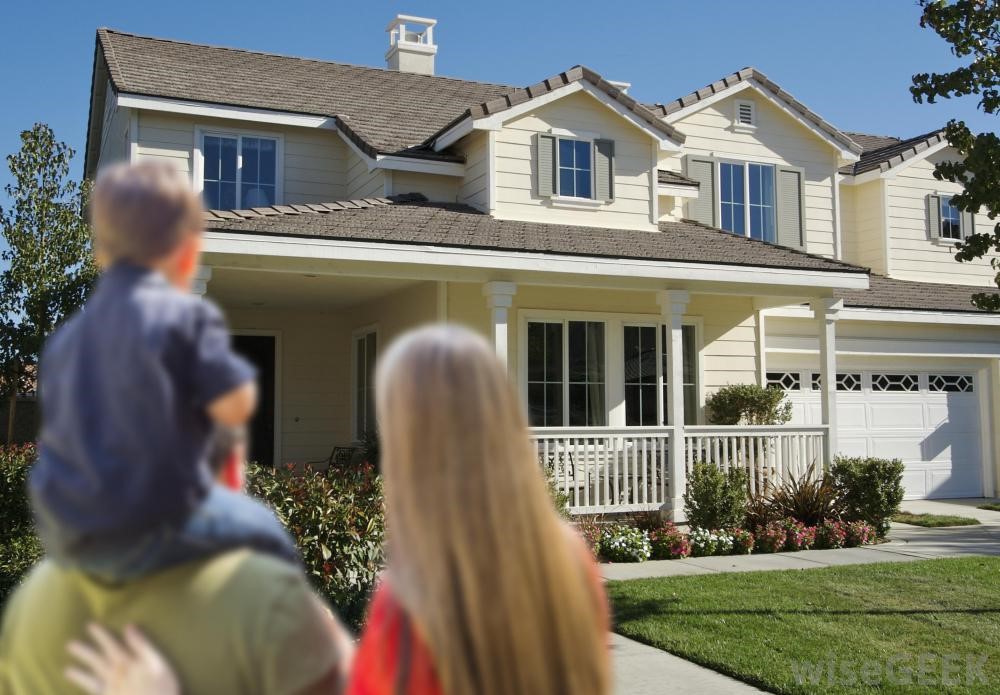Surprise! You Don’t Need a 20% Down Payment to Buy a House!

You are ready to purchase your first house. Your credit score is great. You know you can afford a monthly mortgage payment based on your budget. You are sure you will be approved for a mortgage loan. But that down payment! How the heck are you supposed to come up with 20%? Don’t despair, because the truth is, you don’t need a 20% down payment to purchase a house!
Saving for a down payment on a house can seem overwhelming for many people. Keep in mind that it can come from various sources. Funds can come from bank accounts, stocks or mutual funds, an inheritance, or a gift from a family member. Some people will even use assets from their retirement portfolio. Requirements regarding where the money comes from for your down payment depend on the loan type. Also, purchasing a primary residence usually requires a lower down payment than if you are purchasing a second home or buying an investment property. The Different Types of Mortgage Loans in 2018, Explained
The myth about down payments is that 20% is the norm. While that may have been true in the past, it’s not anymore. The fact is that per the National Association of Realtors, a majority of homebuyers purchased their home with a down payment of 6 percent or less. Unfortunately, a lot of people don’t even consider buying a home because they still think they need 20% down. The NAR'S Aspiring Home Buyers Profile 2018 found that 36% of non-owners believed that saving for a down payment would be very difficult. Chances are they still believe in the 20% down myth and it is just not the case anymore!
So, now that you know you don’t have to have 20%, perhaps buying a home seems more within reach. But there are still some things you should be aware of before taking that first step toward homeownership. Various factors are at play in determining if you should take on a mortgage with lower down payment. For example, the less you put down, the larger your mortgage payment will be each month. That is because you will have a larger loan amount, possibly a higher mortgage interest rate, and the added cost of Mortgage Insurance. So, while you don’t have to come up with more cash, your monthly costs go up.
Once you have educated yourself about the requirements, you can make informed decisions about your budget and how much you can afford. Don’t let the 20% down payment myth stop you from pursuing your dream of home ownership!
If you are in the market to sell or buy a home, let Sandra Nickel and her Hat Team of professionals assist you with all your real estate needs. Call them today at 334-834-1500!




















